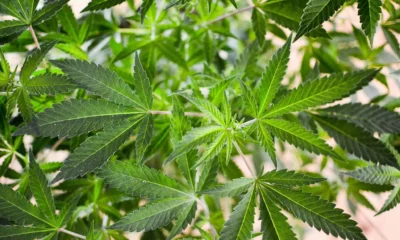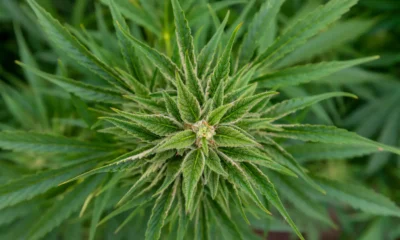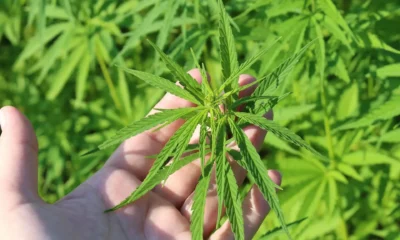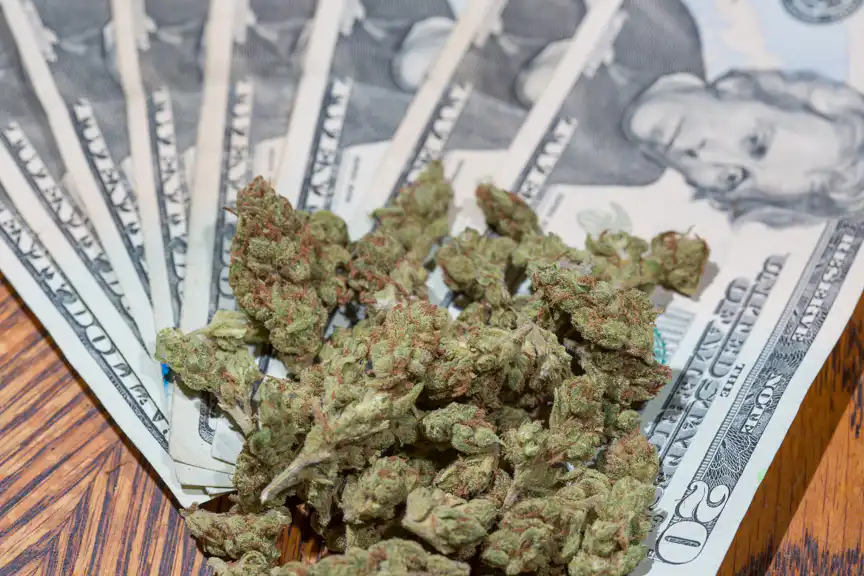“Other states should also learn from Michigan’s experience, rather than repeating the same economic mistake when faced with a budget deficit.”
By Hirsh Jain, Verdant Strategies
In an effort to raise short-term revenue, Michigan recently adopted a cannabis tax structure that is already proving economically counterproductive and strategically short-sighted.
For many years, Michigan was one of the most successful legal cannabis markets in the United States. The explanation was simple. Michigan, understandably, adopted one of the lowest cannabis tax rates in the country.
The state imposed a 10 percent excise tax on adult use, shared between state and local governments, plus a standard 6 percent sales tax, for a total effective rate of 16 percent. By comparison, California’s cannabis tax burden was twice as high, approaching 40 percent in some cities.
The contrast was stark because California and Michigan share deep histories of medical cannabis. California was the first state in the nation to legalize medical cannabis in 1996. Michigan subsequently developed one of the strongest grower-based cannabis markets in the country in the 2000s and 2010s. Both states built strong cultural and political foundations around the idea that cannabis is medicine.
When it came to legalizing adult use, however, the two states went in different directions.
Michigan largely believed that cannabis should be treated as a medicine rather than a vice. He adopted a moderate tax structure that kept legal prices competitive. California, in contrast, imposed heavy taxes and regulatory costs that treated cannabis as a luxury or vice product rather than a therapeutic good.
Predictable results followed.
Michigan’s relatively modest taxes drove consumers out of the illegal market and into licensed stores. Legal sales rose quickly, reaching about $3.3 billion annually in a state of just 10 million people.
California’s market has hovered around $4 billion in recent years, despite nearly quadrupling its population. Per capita, Michigan became one of the strongest adult cannabis markets in America, while California became the weakest, driven by tax policies.
In July 2025, industry analytics firm Headset stated: “What’s so surprising about Michigan’s pace of sales is California’s population difference. With a population of 10 million, Michigan is on the verge of usurping America’s largest state, California, with a population of nearly 40 million.”
Cannabis became a major driver of employment in Michigan. According to industry recruiting firm Vangst, 47,000 Michiganders were expected to work in the industry in 2024, representing a staggering nearly 1 percent of the statewide workforce.
Even more striking, Crain’s Detroit Business reported that cannabis accounted for a staggering 52 percent of Michigan’s private sector net job growth from 2018 to 2024. At a time when many of Michigan’s traditional manufacturing industries have struggled and wage growth has stalled for many workers, cannabis has been the state’s most consistent source of job growth.
Then the tax structure changed.
From January 1, 2026. Michigan enacted a new 24 percent wholesale cannabis tax. This effectively doubled the tax burden on operators at a critical point in the supply chain. The effects were immediate.
According to New Cannabis Ventures, Michigan’s legal cannabis market generated just $226 million in sales in January 2026, the lowest monthly figure since late 2022. Sales fell a sharp 16 percent from December 2025, the month before the tax took effect, and were 8 percent lower than in January 2025.
The situation may worsen in the coming months. Many Michigan dispensaries stocked inventory at the end of 2025, before the tax went into effect, and are still selling product that was not subject to the new wholesale tax.
And even that temporary solution came with compromises. Retail analytics firm Happy Cabbage noted that high-demand items were often in limited supply by the end of 2025, while low-demand items were readily available. As a result, purchasing decisions increasingly reflected what suppliers had available, rather than what customers would buy.
The full impact of the tax increase will become clearer in the coming months as more inventory from the new taxes hits store shelves and higher costs are passed on to consumers.
But already the influence of the industry has been sobering. In January alone, several large operators in Michigan announced crop closures, retail consolidation and layoffs, citing falling margins after the tax hike.
Higher Love Cannabis announced the layoffs of 61 of its 213 employees, explaining that the cuts were necessary to deal with the new tax. C3 Industries said it would close its Webberville cultivation facility and lay off 62 workers, noting that it had warned lawmakers of this outcome if the wholesale tax were enacted. PinCanna put its operations up for sale, citing the new wholesale tax as the reason. The owner of The Greenhouse announced that 30 percent of Michigan dispensaries could close in the next year due to tax increases.
This tax increase is quickly destabilizing perhaps Michigan’s most dynamic job-creating industry in recent history. An unmistakable reminder that cannabis does not operate in a closed legal market. It competes directly with a resilient illegal market with no excise taxes, no compliance costs and no regulatory burden.
This illegal market has operated for decades and can quickly absorb consumers if the price difference is too great. It is an intellectual fantasy to think that when policymakers raise taxes on cannabis, they are adjusting their revenue projections. In reality, market share and financial resources are being shifted to an unscrupulous and often violent illegal market.
Michigan’s early success showed that moderate taxation can expand the legal market and grow revenue organically. His latest shift suggests that aggressive taxation could quickly reverse that progress.
It is critical that other states take notice of what is happening in Michigan right now. In recent months, states such as Maine, Maryland and Minnesota have also increased tax rates on cannabis, hoping to cover several unrelated revenue gaps. But whether policy makers in these states appreciate it yet, these decisions will reduce legal sales and strengthen illegal operators.
In fact, California learned this lesson in the third quarter of 2025 when it raised its already high cannabis tax from 15 percent to 19 percent. Legal sales fell 5 percent from the previous quarter, falling to the lowest quarterly level in more than five years and prompting the state to quickly overturn and reset the tax rate to 15 percent. Michigan ignored this clear economic lesson.
Beyond its economic consequences, overtaxing cannabis runs counter to the spirit and logic of federal reprogramming. If cannabis is formally recognized at the federal level for medical use under Schedule III, states with a long history of medical cannabis should pause and reconsider whether their tax policies adequately reflect and respect their heritage.
Michigan and California pioneered the legalization of cannabis as medicine, creating the conditions for the dramatic shift in national attitudes reflected in the current rescheduling push. Taxing cannabis at rates that exceed those applied to alcohol and tobacco, products that kill hundreds of thousands of Americans each year, betrays this pioneering medical legacy.
If the lessons of reorganization are taken seriously, both Michigan and California should reexamine their punitive tax structures in light of their history.
And states like Pennsylvania and Virginia, which could vote to create new adult-use markets in 2026, also have a clear chance. They can achieve illusory short-term fiscal gains through higher taxes and risk repeating Michigan’s recent mistakes. Or they can design tax structures that support stable businesses, protect jobs, and align policy with the growing acceptance of cannabis.
Michigan’s tax experiment is unfolding, but early signs are troubling. The state still has time to change course, as California did, albeit modestly.
For the sake of the public, tens of thousands of cannabis workers, and the legal market it built, Michigan lawmakers should roll back this tax increase.
Other states should also learn from Michigan’s experience, rather than repeating the same economic mistake in the face of a budget deficit.
Hirsh Jain is the Director of Market Intelligence Green strategiesfinancial services and solutions company providing tax planning and accounting services to many of the nation’s leading cannabis brands and retailers. He is also the principal of Ananda Strategy, a consulting firm based in Los Angeles.


 Cannabis News6 months ago
Cannabis News6 months ago
 Florida6 months ago
Florida6 months ago
 Video5 months ago
Video5 months ago
 Video6 months ago
Video6 months ago
 Best Practices6 months ago
Best Practices6 months ago
 Video6 months ago
Video6 months ago
 aawh6 months ago
aawh6 months ago
 Video6 months ago
Video6 months ago































